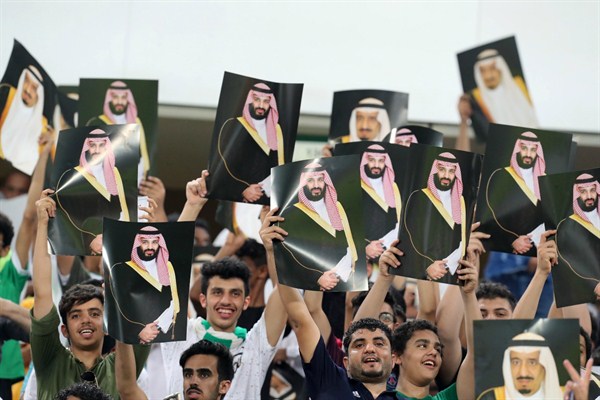The drama surrounding Saudi Crown Prince Mohammed bin Salman continues to captivate policy communities around the world. Is MBS, as the upstart royal is known, a genuine reformer or a reckless and ambitious young leader who has more power than he has wisdom? He is strongly identified with Saudi Arabia’s costly war in neighboring Yemen, the nearly six-month diplomatic standoff with Qatar and the geopolitical struggle with Iran. At home, he has spearheaded ambitious plans to open up social space, reinvent the political system and adapt the kingdom’s economic strategies for a changing world energy landscape.
The rise of MBS has triggered polarized views among American experts about him and about the long legacy of U.S.-Saudi relations. Some view this dynamic moment in the kingdom through the prism of American security interests and the durability of a mutually important security partnership. They hope MBS’ reforms will make the kingdom a more open and reliable partner. Other experts have long fretted about U.S. commitments to such a distinctly different and nondemocratic country, and one that the U.S. has never really challenged on its historic ties to Muslim extremists and its poor human rights record at home. They see a new, more aggressive authoritarian in MBS, cloaked in selective liberalization gestures toward youth and women.
The facts about the young heir apparent are not in dispute. The favored son of the current monarch, 81-year-old King Salman, is expected to be elevated to the throne in the near future. MBS has been empowered by his father to fast-track a number of significant policy initiatives that have been underway in the kingdom for several years. He has attracted most attention for ramping up anti-corruption efforts, placing several major royal figures under luxury house arrest while they decide whether to return billions of Saudi riyals to official coffers. He’s made himself very popular with young Saudis, opening up mixed-gender public spaces and permitting more varied cultural activities than the kingdom has known for decades.

